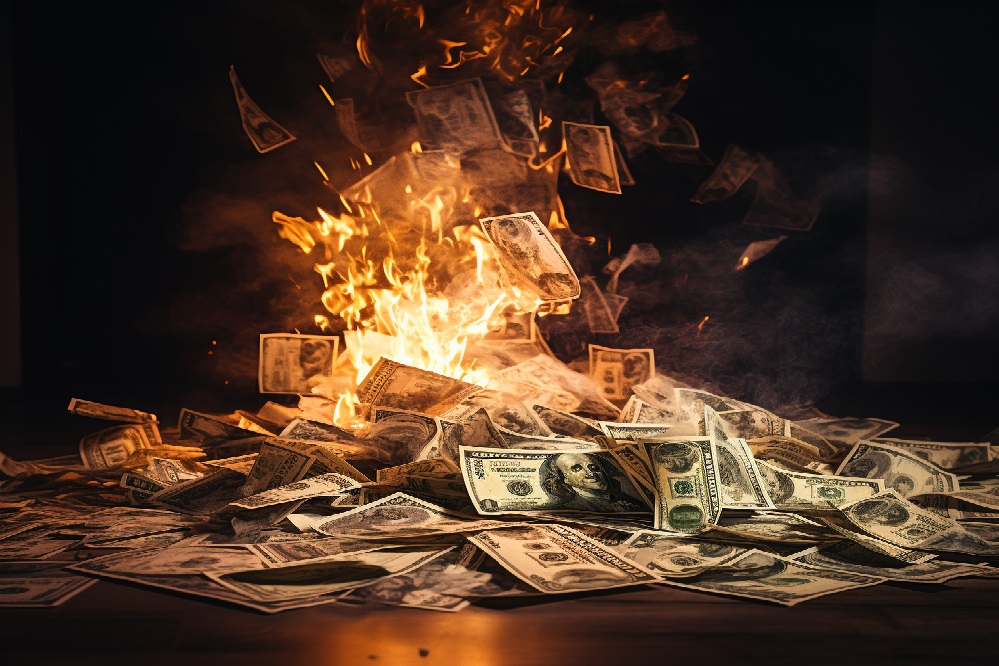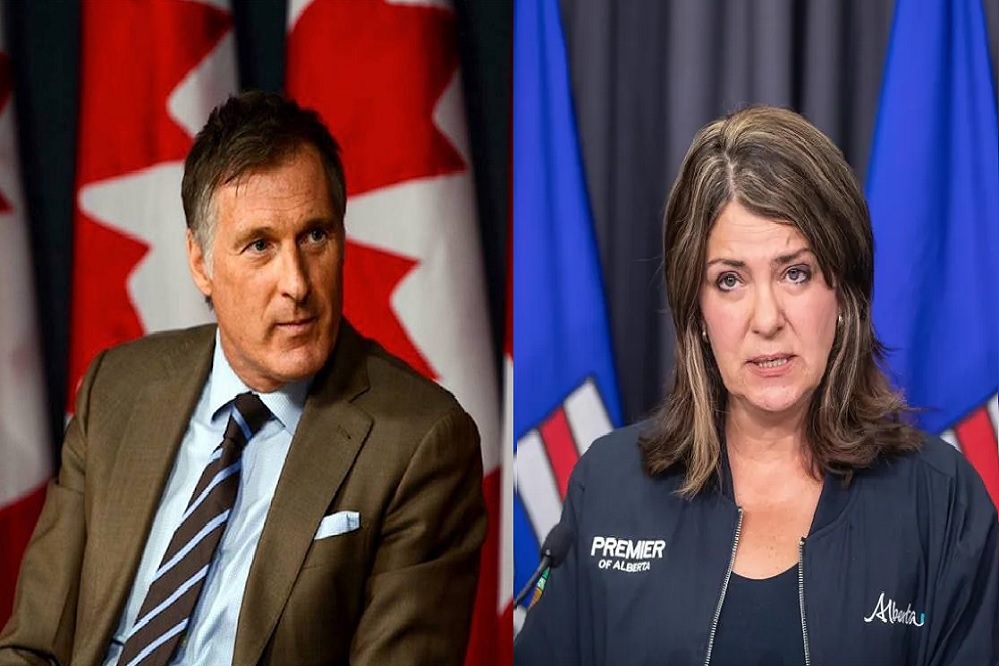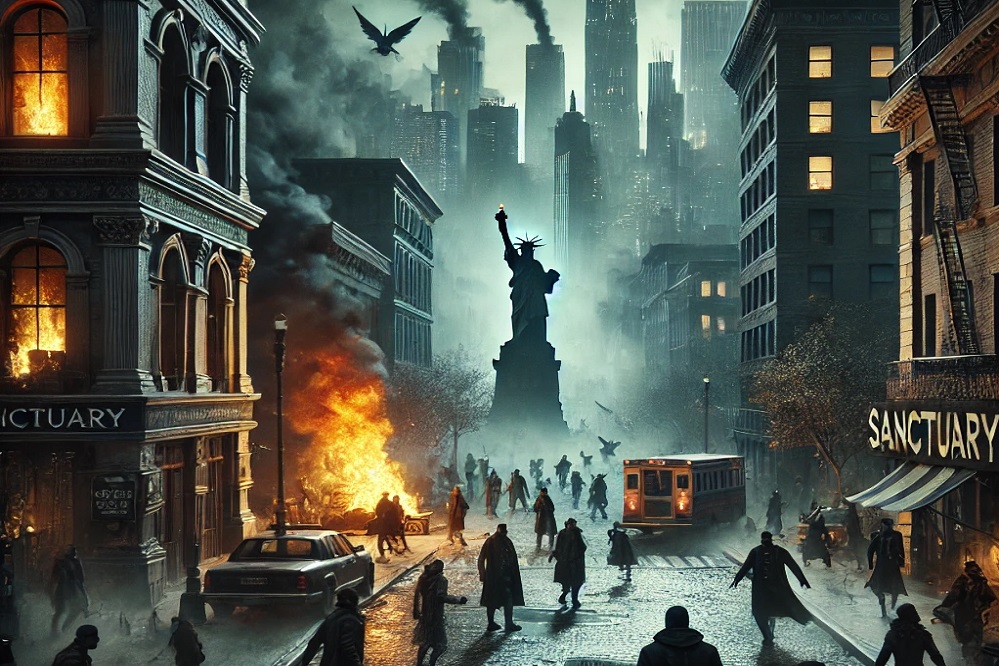The economic challenges facing the United States today are not random; they are deliberate. Globalists and banking elites are systematically using inflation, interest rate manipulation, and media control to dismantle the middle class. The aim is clear: to weaken democratic institutions and centralize wealth and power into the hands of a few. This agenda doesn’t just threaten America but also undermines the sovereignty and stability of allies like Canada, the UK, and nations worldwide.
The fight to preserve democracy and the middle class begins in America—but its ripple effect can inspire global change.
Banking Power: The Engine of Globalist Control
America’s economy is under siege by financial giants such as JPMorgan Chase, Bank of America, Citigroup, and Wells Fargo. These institutions, like their counterparts in Canada (RBC, TD, Scotiabank, BMO, and CIBC) and the UK (Barclays, HSBC, and Lloyds), dominate the global financial landscape. Controlled by a small network of elites, these banks have weaponized their influence to engineer economic instability for their gain.
By manipulating interest rates and inflating housing prices, they enrich themselves while driving middle-class families to financial ruin. This isn’t speculation—it’s fact. The goal is to consolidate wealth and power, undermining the foundations of democracy in the process.
Real Estate and Money Laundering: A Tool for Globalist Domination
The real estate market is a prime example of this agenda. Across major U.S. cities—and in Canadian hubs like Vancouver and Toronto—global money laundering has inflated housing prices beyond the reach of middle-class families. Criminal networks and corrupt foreign officials funnel illicit funds into real estate, destabilizing local markets and displacing communities.
Banks facilitate this cycle, providing mortgages and loans without accountability for the money’s origins. The result is a two-fold victory for globalists: the middle class is weakened, and elites profit immensely.
A Deliberate Strategy to Weaken the Middle Class
The manipulation of inflation and interest rates is no accident. By creating cycles of economic hardship, globalists ensure that the middle class is left vulnerable. Sudden interest rate hikes after prolonged low rates push families to the brink, forcing bankruptcies and foreclosures.
This deliberate erosion of economic stability isn’t limited to America. In Canada, the middle class faces similar pressures under Prime Minister Justin Trudeau’s policies, which align with globalist interests. The UK, too, grapples with rising inequality and housing crises fueled by the same tactics.
If left unchecked, these strategies could pave the way for international interests to exploit natural resources and political systems in vulnerable nations. Canada’s vast oil reserves and mineral wealth make it an appealing target, as does its weakening national identity under Trudeau’s globalist-driven policies.
Media Control and the Attack on Free Speech
In both the U.S. and Canada, media consolidation threatens the free exchange of ideas. In the U.S., tech giants and corporate media outlets shape narratives to align with globalist agendas. In Canada, Trudeau’s restrictive media laws aim to suppress dissent and control the flow of information.
This suppression of independent media mirrors authoritarian tactics used worldwide. Without a free press to hold power accountable, democracy cannot survive.
Why America Must Lead the Fight
America’s role as a global leader in democracy makes it the primary battleground against globalist control. If the U.S. can expose and dismantle these forces, it will set an example for the world. Canada, in particular, stands to benefit from a strong and free America.
A victory in the U.S. would empower Canadians to reclaim their national identity, protect their cultural heritage, and rebuild their middle class. The same holds true for the UK and other democracies facing similar threats.
The fight against globalists isn’t just about preserving the American Dream; it’s about defending the principles of freedom, fairness, and sovereignty for all nations.
Hope for a Global Renaissance
The path forward is clear. Americans must:
- Rein in Big Banks: Break up monopolistic financial institutions and hold them accountable for unethical practices.
- Protect Free Speech: Combat media consolidation and defend independent journalism.
- Strengthen National Identity: Promote policies that preserve cultural heritage and democratic values.
- Encourage Global Alliances: Support allied nations in resisting globalist control and reclaiming their sovereignty.
By taking these steps, America can ignite a movement that protects democracy and empowers nations like Canada and the UK to rebuild stronger, freer societies.
Conclusion: A United Front Against Globalists
The globalist agenda to dismantle the middle class and undermine democracy is real—and it’s happening now. But it’s not too late to fight back. America has the power to lead this fight, not just for its own people but for citizens worldwide.
By exposing the truth and taking decisive action, the U.S. can protect its middle class, inspire allies, and preserve democracy for generations to come. The world is watching, and the stakes have never been higher.



